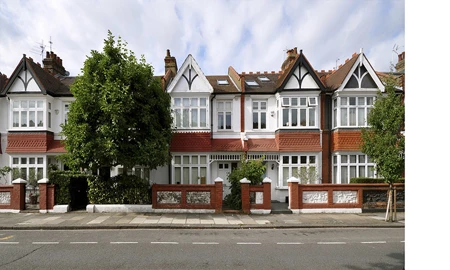If you’ve been paying your mortgage off for a while, you may now be in the position of owning a large proportion of your property.
There may be a time where you want to use the money that’s tied up in your home for something else, for example, home improvements – this process is called releasing equity.
What is the best way to release equity?
To fund your home improvement, you can cash in some of your property’s value by remortgaging. If your current mortgage term has come to an end, then you’ll likely be looking to remortgage anyway. If you switch to a lower rate, not only will you be saving money by paying a lower monthly mortgage repayment, but you can also release the money you’ve built up to pay for your home improvements.
What do I need to consider?
Remortgaging is a straightforward process for those who have already come to the end of their fixed-rate and fallen onto a standard variable rate (SVR). However, if you’re still on your current fixed mortgage rate, there are a few things you should consider before going ahead and arranging your remortgage. This may include identifying your exact reasons for wanting to remortgage to make sure it is worth switching to a new deal. It is important to remember to check with your current lender if an early repayment charge will occur before you jump ship.
To ensure you’re considering all your options, it is always worth speaking to a mortgage adviser, as they can help you make the right decision for you and your circumstances. This will ensure that you don’t find yourself trapped in the situation where you’ve borrowed more than you can afford to pay back.
For further information call: 0800 652 6649
Email: [email protected] or visit: mortgageadvicebureau.com/scotland
You may have to pay an early repayment charge to your existing lender if you remortgage.
Your home may be repossessed if you do not keep up repayments on your mortgage.
There will be a fee for mortgage advice. The actual amount you pay will depend upon your circumstances.
The fee is up to 1% but a typical fee is 0.3% of the amount borrowed.

